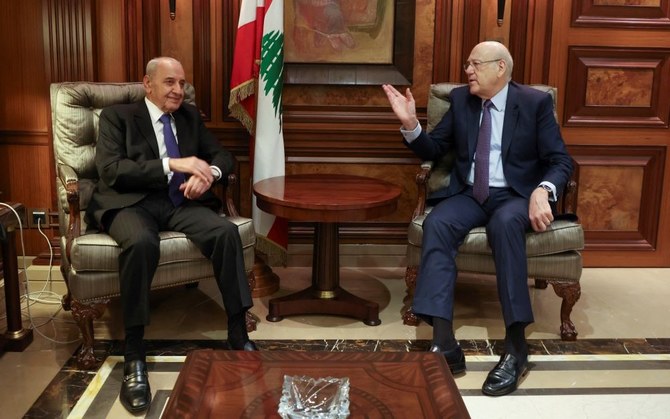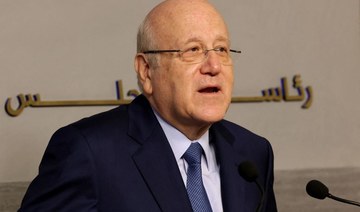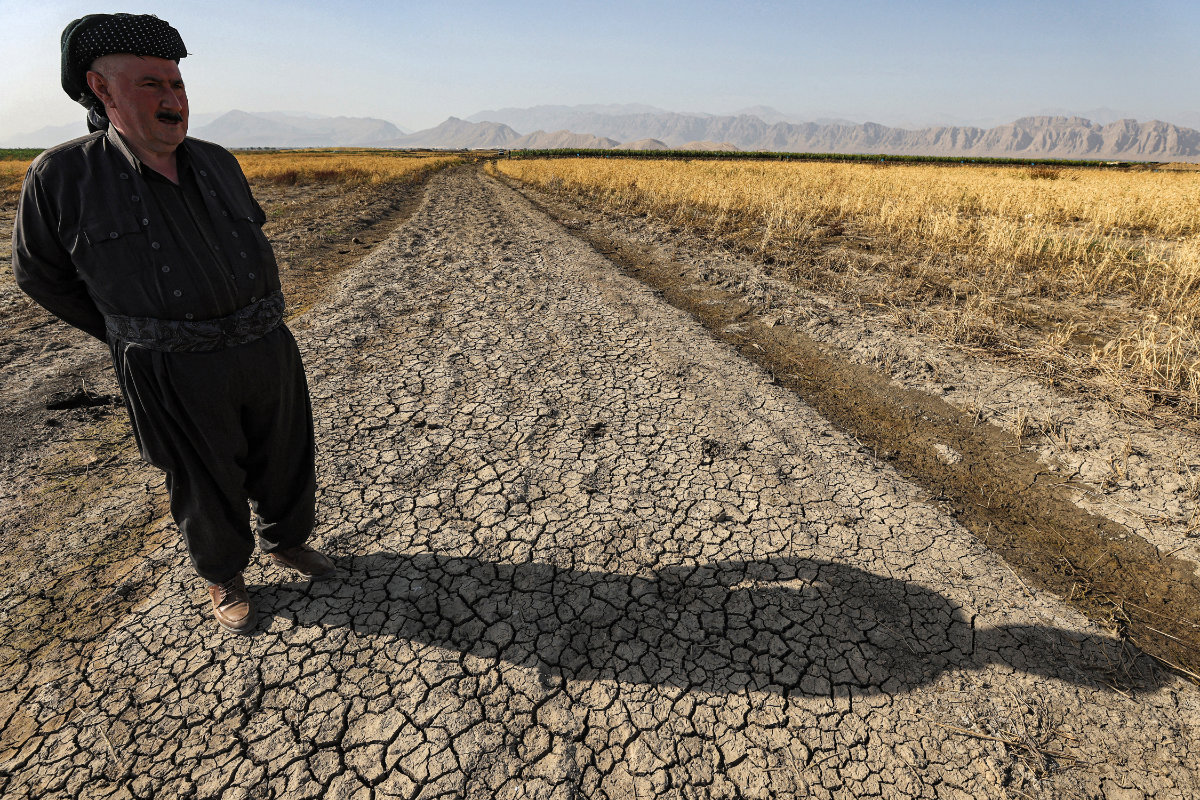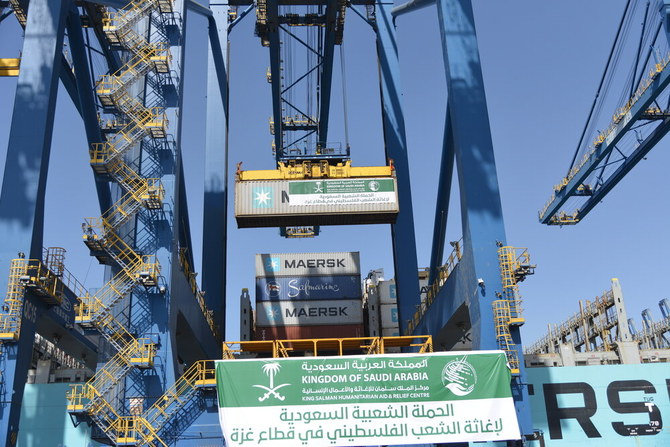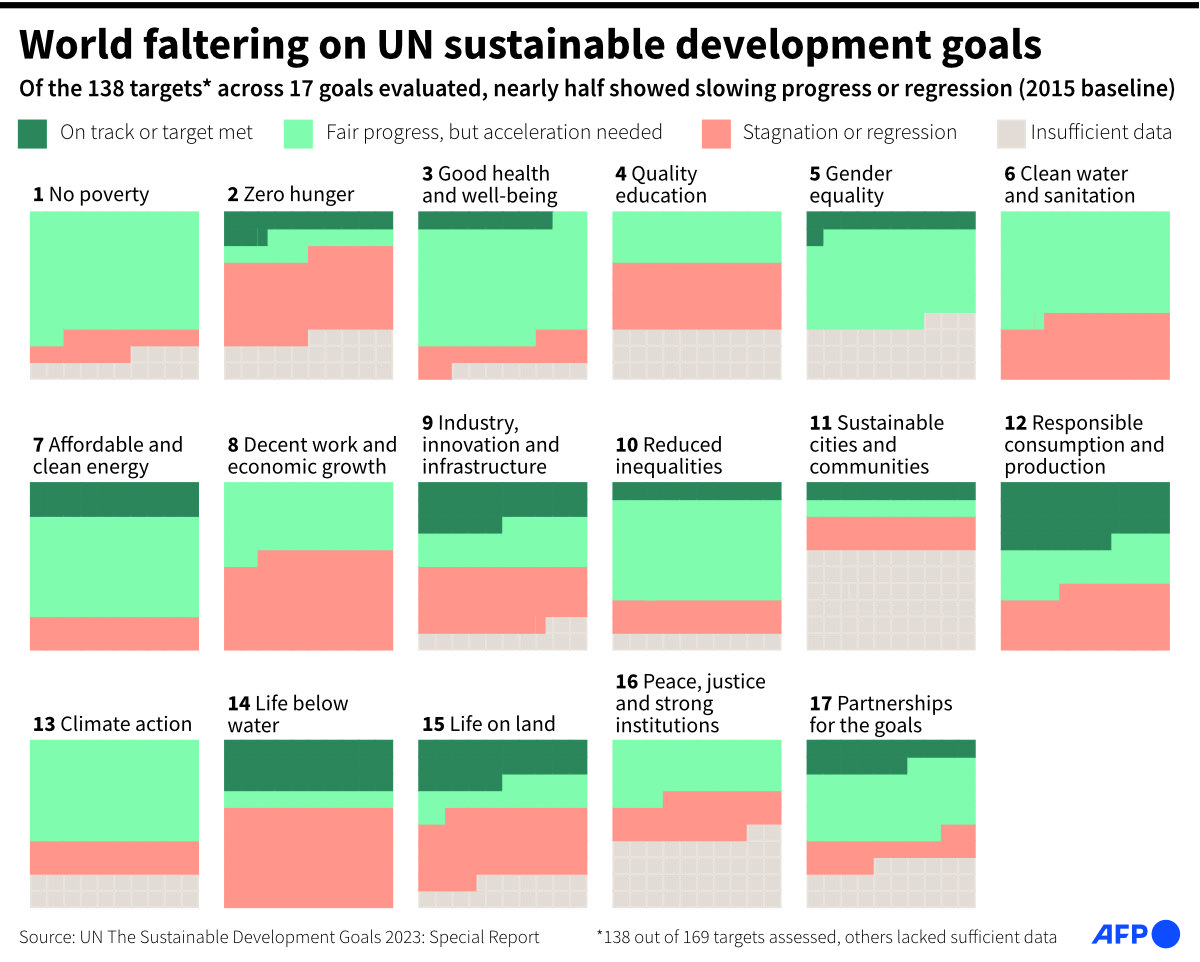BEIRUT: Lebanon’s caretaker Prime Minister Najib Mikati issued a new appeal on Thursday for parliament to approve a string of crucial economic laws, in response to its failure thus far to convene for discussions on the country’s Sovereign Wealth Fund and capital control legislation.
“In countries that have faced similar economic crises, parliament would be in constant session, and those nations would have resolved the crises,” said Mikati.
“In Lebanon, we have been talking about capital control for four years without reaching a discussion, either in a parliamentary session or in finding a solution.”
Mikati continued: “There are numerous legislative proposals in parliament regarding the recovery plan, bank restructuring, and addressing the financial gap. All of these necessitate immediate resolution.
“If parliament does not convene to pass them collectively, there will be no economic stability in the country.
“We have reached an exceptionally challenging phase, and our economy is transitioning into a cash-driven economy, exposing Lebanon to manifold risks. Should we fail to find a solution, every individual must bear their responsibility.”
Many lawmakers who boycotted the legislative session harbor doubts over the existence of loopholes and favoritism in the Sovereign Wealth Fund Bill, said MP Sajih Atiyeh, head of the parliamentary work and energy committee.
The bill has not yet undergone committee discussion, he added.
MP Osama Saad, meanwhile, said that the proposed capital control legislation “somewhat safeguards the interests of banks.”
Another MP, Salim Al-Sayegh, remarked: “The legislative session disrupts the balance of powers in the absence of a president, and we seek a dialogue led by the president.”
A group of depositors attempted to stop MPs accessing parliament by staging a protest around the premises, objecting to any endeavor to enact capital control legislation.
The caretaker government on Wednesday approved the budget for the current year.
The budget deficit has surged from 18.5 percent to around 24 percent due to requests from some ministers to revise their allocations.
Meanwhile on Thursday an electricity blackout prompted Mikati to verbally pledge to a major power provider it “will receive $7 million of its dues monthly, in exchange for the immediate operation of the power plants.”
Mikati acted after Primesouth, which runs power plants in Deir Al-Zahrani and Deir Ammar, initiated a 24-hour shutdown to pressure the government to settle accumulated debts spanning over four years, and to honor commitments made by Electricite du Liban to make instalment payments outstanding since March.
When questioned about the source of the dollars pledged to pay Primesouth with, Mikati stated: “The emerging crisis is being resolved.”
Beirut’s Rafic Hariri International Airport and the Port of Beirut were forced to turn to private generators to secure power during the crisis.
Fadi Al-Hassan, the airport’s manager and director general of Lebanon’s Civil Aviation Authority, said: “The airport is operating according to its emergency plan. However, relying on electricity generators to run the airport is impractical and unsustainable.”
Water pumps in various regions also ceased delivering drinking water to homes as a result of the electricity blackout, with many private generators unable to meet the energy shortfall.
Primesouth attempted to obtain dollars from the Banque du Liban — Lebanon’s central bank — or through special drawing rights from the International Monetary Fund. However, sources said the BDL refused to disburse the money.
The central bank’s acting Gov. Wassim Mansouri insisted on sticking to his policy — “legislation for disbursement, coupled with implementing drastic reforms to ensure the government returns funds to the central bank.”
An official source said the government had refrained from approving the disbursement, passing it to parliament, where the speaker, Nabih Berri, declined to get involved as it would mean accessing frozen dollar deposits borrowed from private banks.
MP Razi Al-Hajj remarked: “(We have heard) multiple reasons, yet still no electricity; $40 billion in electricity subsidies since 2010, with 40 percent technical and operational wastage in electricity production and distribution.
“For 40 years, we have been awaiting 24/7 electricity; makeshift solutions exhaust and frustrate the people.”
Primesouth’s decision to initiate the shutdown came after several prior warnings, following the extension of its annual contract for the operation and maintenance of the two power plants, signed with EDL.
The contract expired in 2021,but Primesouth retracted its warnings upon receiving a promise from the Ministry of Energy of $45 million.
The cost of electricity to the Lebanese state totals “$160 million monthly,” according to a French report.
Economist Marc Ayoub said: “Economic losses in the electricity sector between 1992 and 2019 exceeded $50 billion, accounting for over half of the public debt.”
Electricity supply in Lebanon often spans between two to four hours a day.



